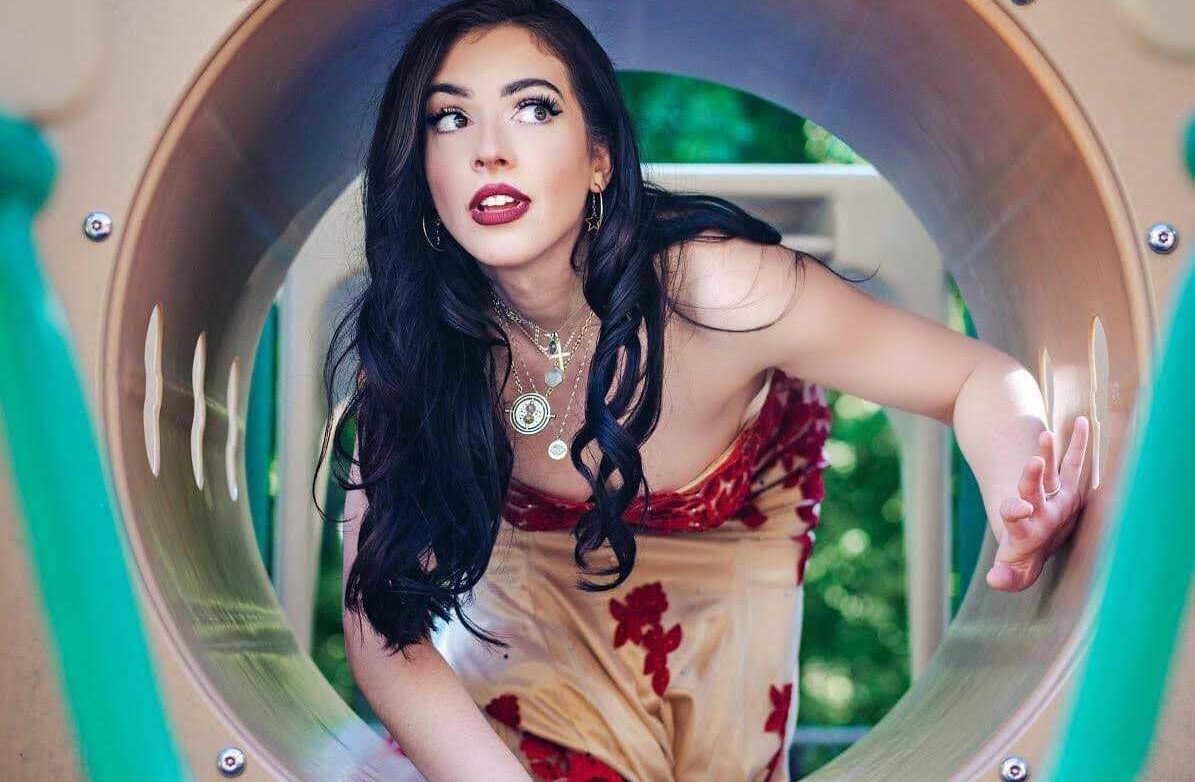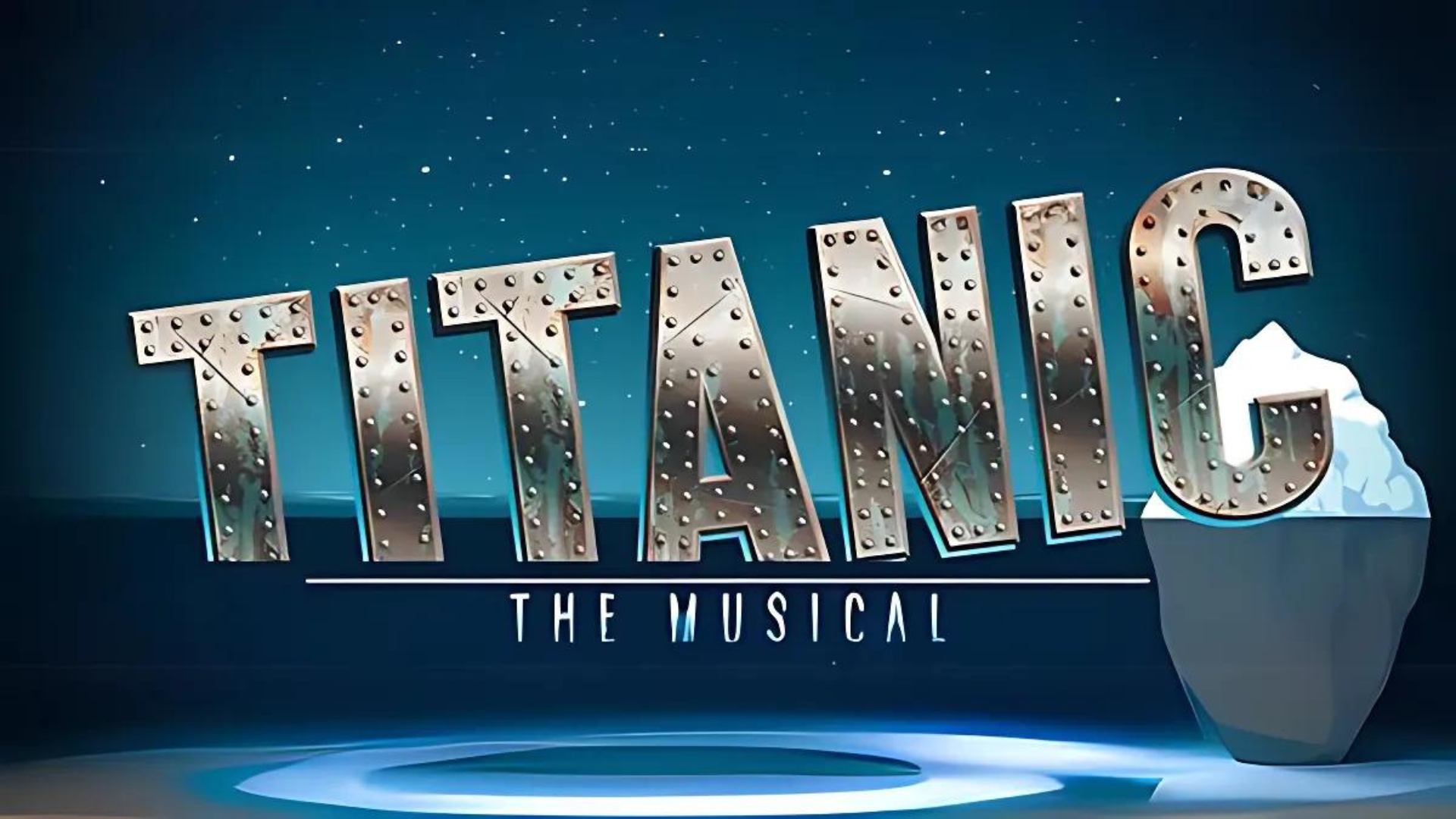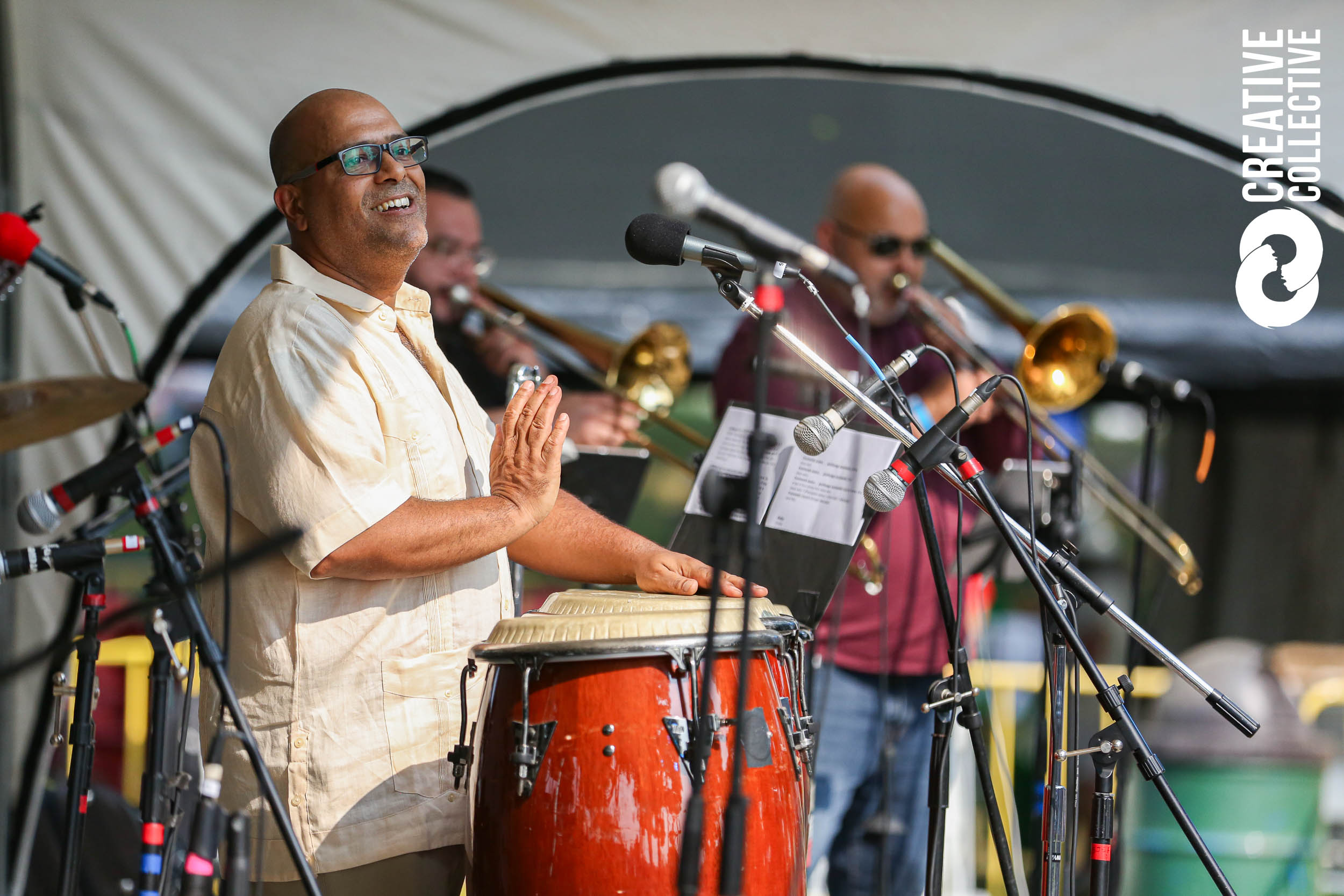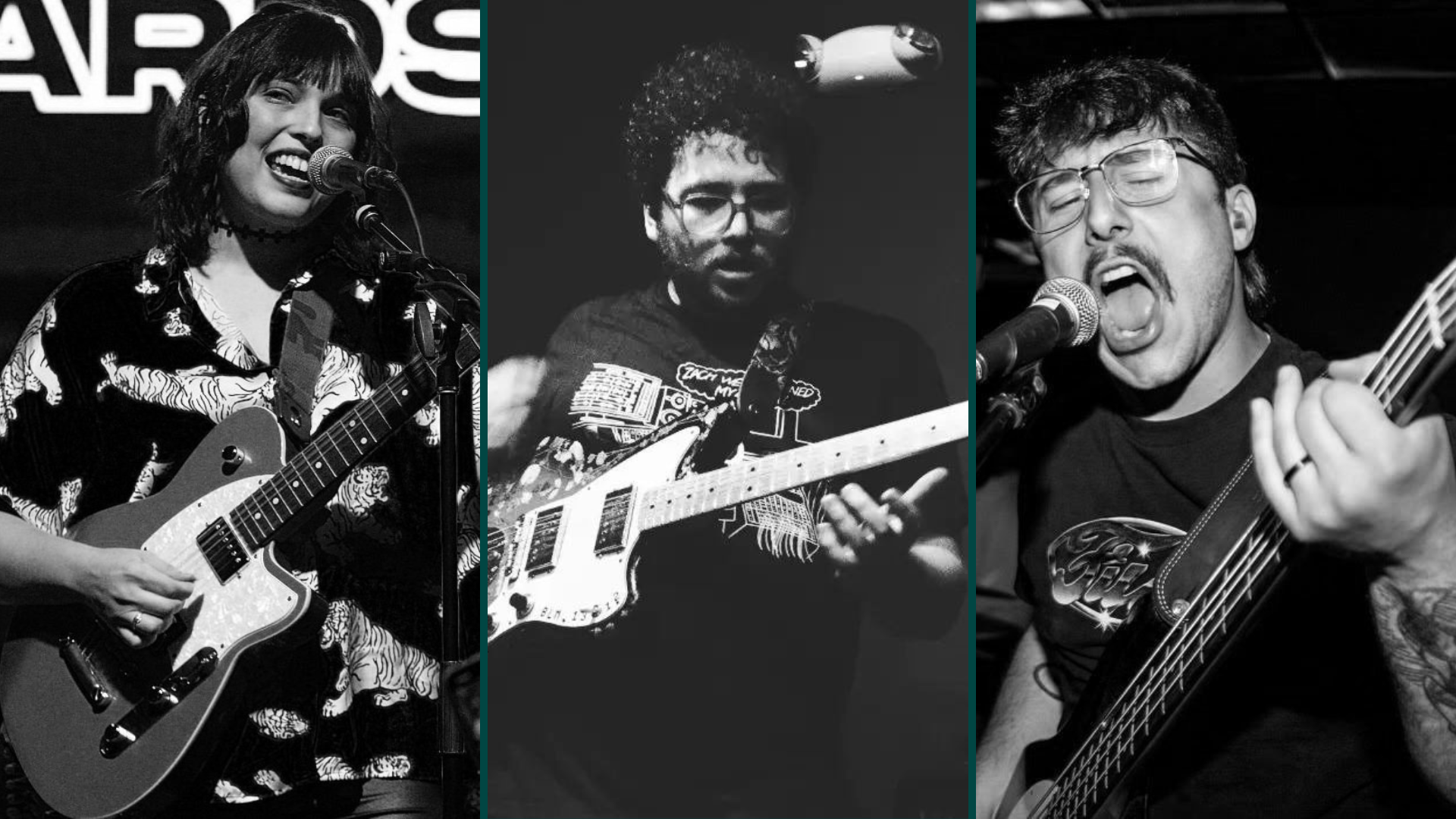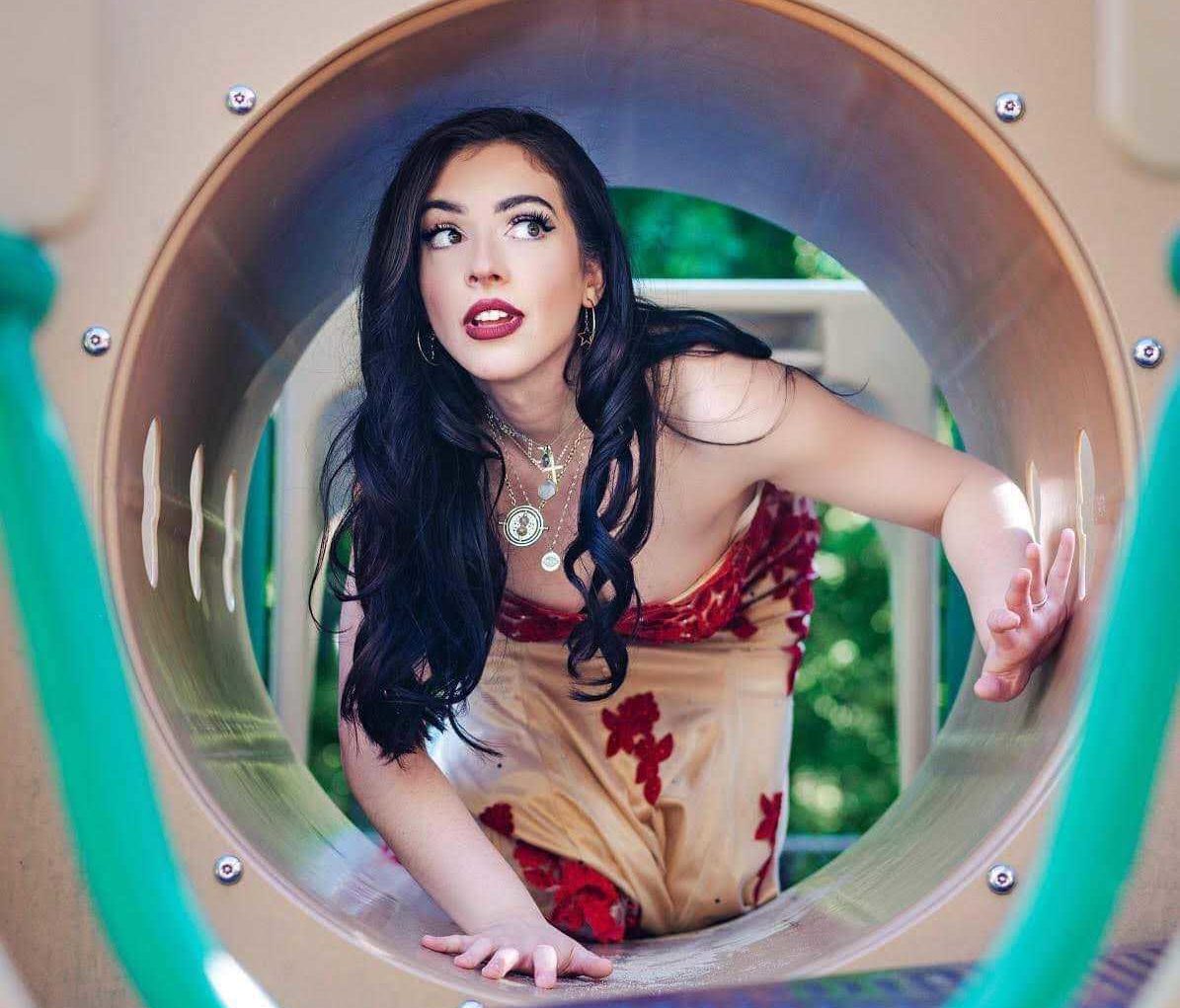Madison “Madi” Pais (she/her/hers) is a Boston area Singer-Songwriter who just released her first EP: The New Testament.
Joey Phoenix (they/them/theirs) sat down with her to talk about the project, mental health, writing music during a global pandemic, and her hopes for the future.
JP: How did Music Find You?
Madi: I’ve been writing songs since I was five, but it wasn’t until I started writing music on an acoustic guitar when I was 14 that I started to take it more seriously. But I was shy, no one knew that I played or made music.


The New Testament is available for streaming on Spotify, Apple Music, and YouTube
JP: How has your songwriting changed since those early days?
Madi: While I don’t really play guitar anymore, I’m still making music. I find beats online that I then lease or buy and pop it into Garageband and then go into my home studio (which is really my closet covered in foam and other sound insulation) and close my eyes and scream sing into the microphone and let whatever comes come. I try to write a song everyday because it’s fun. Some of them are really stupid but I love doing it.
But the ones that I think are good, I go back to and work with and edit the next day. “Nobody’s Barbie,” was actually written as a joke. I was like, I can be anything I want to be…just like Barbie. And it was funny to me, but then I got inspired by the idea of it. And now when I listen back to it I feel really empowered by it, because no one can tell me who I am or what to do but me.


The New Testament is more about me deciding how I do things, unlearning everything that I’ve learned, and keeping that faith in myself that I can do more than I believed I could.
Madi Pais
JP: How has the last year been for you? Why did you decide to release this EP now?
Madi: At the start of the pandemic I was working from home, and I kept telling myself I was fine. But I was really in denial about how depressed I was. Looking I realized how much of it was a coping mechanism. I really missed people, and I was tired of pretending I was ok.
So I quit my job. And I said, fuck it, you know, I might end up with nothing and have no money in my bank account, but I am going to follow my bliss, whatever that means. I’m just gonna follow it and see what happens. And so far, so good. And now, I’m just trying to get through every day. But I really miss people at this point, I really miss human interaction.
But I was suddenly given a lot of time to be introspective. And I realized how comfortable I had become pre-pandemic, and how much I had let procrastination slip in and the things I cared about fall to the wayside.
JP: Like Music?
Madi: Yeah. I’ve always had this fear of singing in front of people. Which is bizarre because it’s the one thing I’ve told people my whole life that I wanted to do. But I’m doing this now. I’m making music and people are going to hear it and hopefully when I perform for them in person they’ll be there singing along with me. Thinking about that is such a good feeling.
JP: What do you write about? What musical stories do you tell?
Madi: I used to write so many breakup songs. Every song was about boys and how terrible they were to me. It was very Taylor Swift-like [she laughs]. And I would write really vengeful songs, really negative songs. And then I kind of came to this revelation of like, me dwelling on these negative things is keeping me down.
So I decided to shift my focus. Instead of writing a song about how this hurts me, I’m going to try to see where I can get power from this and put that into a song and try to make it as catchy as possible, to the point where it gets stuck in not only my head, but in other people’s heads. Because if you’re going to have something living in your head rent free, as the kids say, it might as well be something light and positive. There’s so much negative shit out there.
JP: So if not boys, what are the songs about on this EP?
Madi: I’ve made a very strong point about not having a song about a boy, I don’t want to have a song about anyone other than me and my journey. It’s about me coming to terms with who I am and growing and, and hopefully inspiring people to take that leap of faith and follow their heart, even if it means falling.
And so all of these songs are kind of like power ballads and anthems. The first impression I want to make is for people to see me as I see myself: as a fierce, strong person who has pulled themselves out of the depths.
It’s definitely different from my old music. But I think I might someday revisit the old songs because I think there’s still merit to those, you know, little 15 year old girl songs about crying over things.
JP: What are your inputs? Where do you get inspiration to write? Is it all just in you?
A lot of it comes from my need to express myself and my mental health struggles. I think if I have a platform one day I want to use it to talk about mental illness and destigmatize that, and that’s kind of the inspiration.
I started writing “Keep Calm and Carry On,” because of a moment of sadness. “Nobody’s Barbie” got removed from Spotify after reaching 90,000 streams. I woke up to an email one day saying that it was deleted for fake streams, and that fucking killed me. I put so much into this and then I felt like I was living a lie for months. I kept thinking of all the people that this song was reaching, and then to find out that it wasn’t real was very humbling.
What started to come out of that was an angry song, but I realized, like going with that momentum, it just didn’t feel good. So I started writing “Keep Calm,” which was me telling myself to stop crying, pull yourself together, take the shitty situation and make something out of it. This is just a part of your story. And it’s gonna make it so much cooler.
JP: You talk about mental health, do you have support from your community like partners, family, friends?
I live with my parents and they’re awesome. They’re supportive. I’m really grateful. Because my dad – he was a rock star growing up, I saw him performing in shows and he gave up his dreams of going to Hollywood because he had a family. In a way I feel like it’s my job to live that out for him.
JP: The album is called The New Testament. Is the Bible reference intentional?
I didn’t grow up with religion, I didn’t grow up thinking that I was meant for any type of religion, it was always very much “be a good person,” but I never believed in anything. And it wasn’t until this pandemic that they say when you go to search for God, you find God, him, her, whatever. And, and I can say, I’ve found my faith.
And the Bible, I read it now for the first time. I had never read it before 2020, which I feel is crazy. Never. And, and I don’t read it the way other people read it now. And the way I interpret it is what helps me because I look at it from a psychological story instead of a historical anecdote.
I’m also an empath with a room full of crystals and butterflies and I have tarot cards here right next to me. And so I go back and forth.
So I think the The New Testament is more about me deciding how I do things, unlearning everything that I’ve learned, and keeping that faith in myself that I can do more than I believed I could.
The New Testament is available for streaming on Spotify, Apple Music, and YouTube and you can pick up a copy on iTunes. You can learn more about Madi on her Spotify artist page or support Madi directly through Venmo @madisonpais


Creative Collective is celebrating the ways we can get outside this Spring with their #SpringOnTheNorthShore campaign, an initiative created to highlight the best that springtime North of Boston has to offer on the longer, warmer days.
Area businesses can participate in the event by using the hashtag #SpringOnTheNorthShore and tagging @creativecollectivema and @creativenorthshore in posts on social media highlighting ways their businesses are encouraging people to get out and explore the best of the region this Spring.




